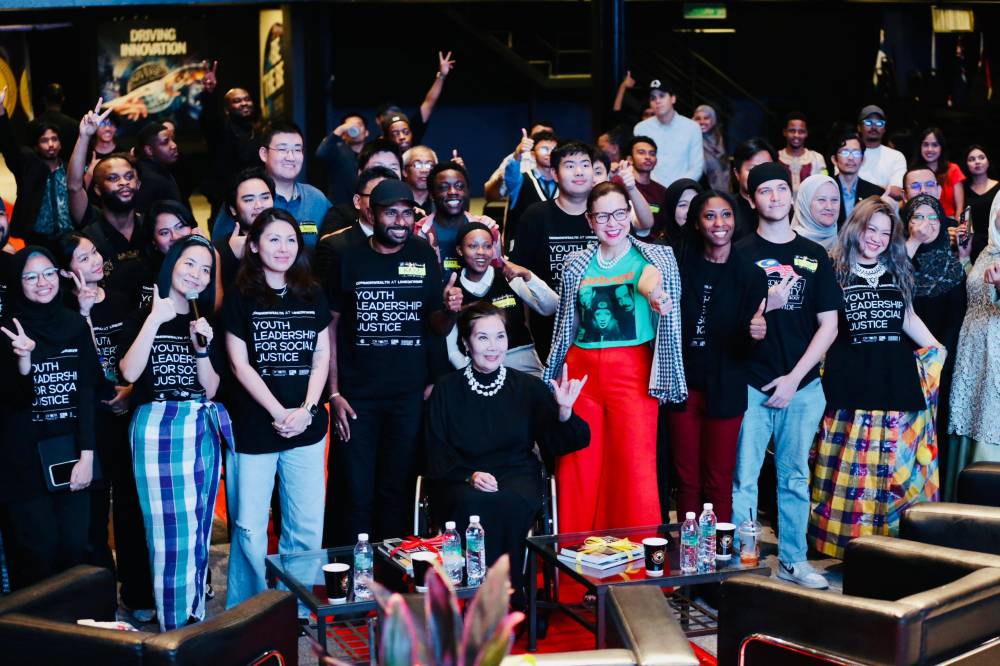Making TVET 'cool': Leaders push for modernisation at CSGS 2024
'There’s a stigma around TVET, often seen as second-class.'

KUALA LUMPUR – The Commonwealth Student Governance Summit (CSGS) 2024 became a vibrant platform for youth leaders, educators, and policymakers to advocate for reshaping perceptions of Technical and Vocational Education and Training (TVET).
Hosted by Limkokwing University from Nov 15 to 17 to commemorate International Students Day, the summit highlighted TVET’s vital role in equipping students with job-ready skills to meet the demands of an evolving global workforce.
A call to elevate TVET
During the summit’s key session, Championing TVET Agenda, Commonwealth Students Association Chairperson Benjamin Fraser moderated a panel that explored TVET’s untapped potential and societal stigma.
Limkokwing University Group Chief Brand Officer Datuk Tiffanee Marie stressed the need to modernise TVET’s image.
“TVET is a cornerstone for preparing youth for the job market, but we still face challenges in overcoming outdated perceptions,” she said.
Supporting this, YTL Construction Director and Women in Rail Malaysia Chair Natasha Zulkifli pointed out the gaps in Malaysia’s approach to TVET.
“There’s a stigma around TVET, often seen as second-class. Malaysia lacks a dedicated government entity to streamline efforts across ministries and improve its image. We need coordinated action to prioritize vocational training,” she said.
Natasha also emphasised collaboration with industries to future-proof TVET curricula.
“Addressing industry needs for the next 20 years requires commitment and foresight. The government’s 12th Malaysia Plan must align with vocational requirements to succeed,” she added.
A solution to poverty
Tiffanee also spotlighted TVET’s power to combat poverty, calling it a sustainable solution for breaking the cycle of inequality.
“Education is the only way to close wealth gaps and address social challenges. Within the Commonwealth, we see staggering disparities—from affluent nations to those struggling to establish themselves.
“If we are truly united, resources and opportunities must be shared more equitably. Education restores dignity and offers enduring value that cannot be taken away," she said.
Addressing a question on how to make TVET "cool," Tiffanee pointed to Natasha as an inspiring role model from the technical industry, advocating for visible champions to transform TVET’s appeal.
Adapting to a tech-driven world
In a related matter, Commonwealth Youth Innovation Hub Executive Director Kishva Ambigapathy shed light on education’s evolution post-Covid-19.
“The pandemic reshaped education. Skills now matter more than degrees. Employers want value, not just credentials. TVET offers practical, industry-relevant expertise,” he said.
He noted that while artificial intelligence (AI) assists rather than replaces, TVET bridges the gap between traditional education and emerging technological demands.
“TVET equips youth to thrive in a tech-driven world where skills learned in days can rival years of formal education,” Kishva added.
Kishva also addressed cultural disparities in valuing skilled professions.
“In countries like Australia, skilled trades such as electricians are respected as much as engineers. To elevate TVET, we must redefine how we value and reward skilled work globally,” he said.










